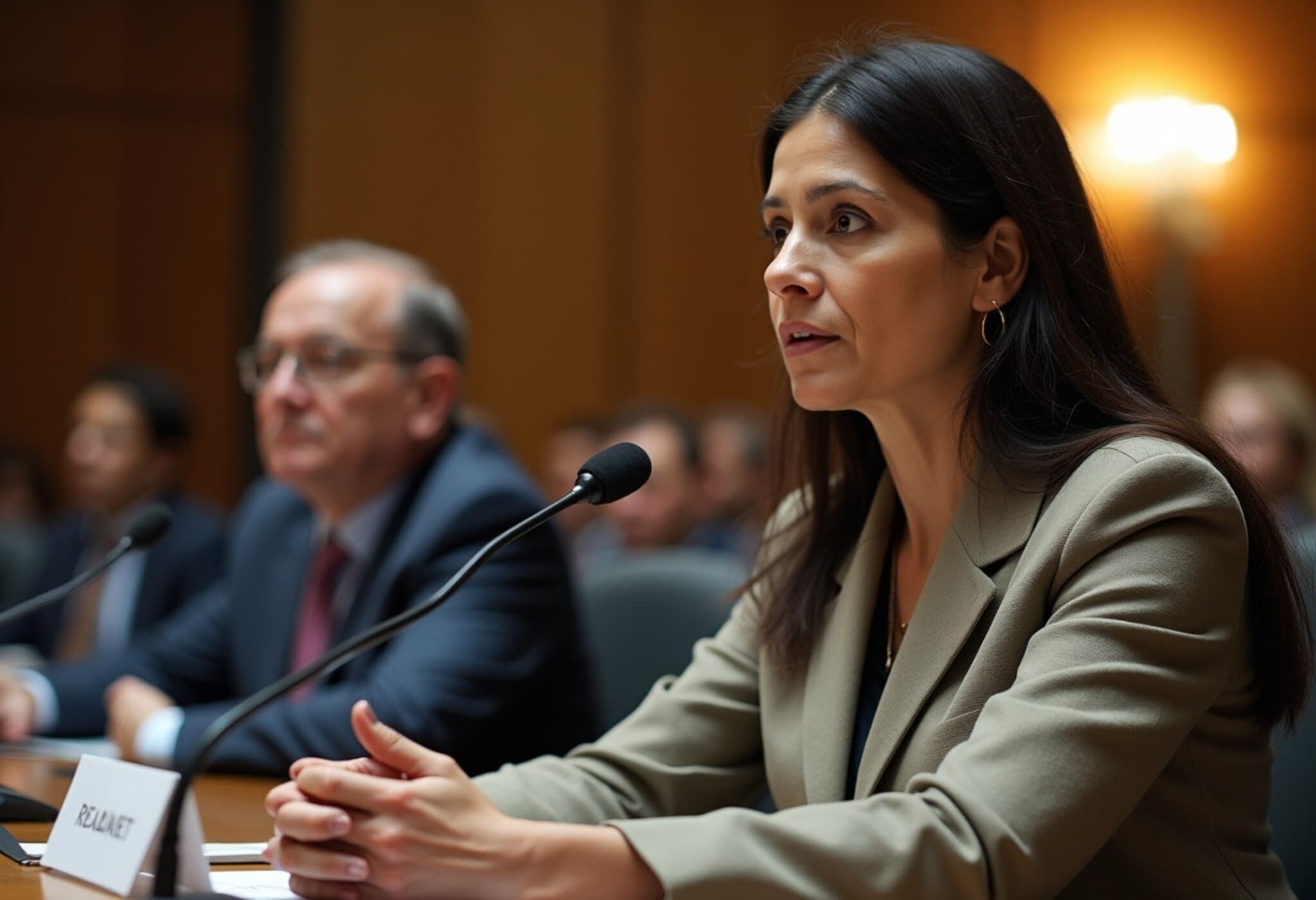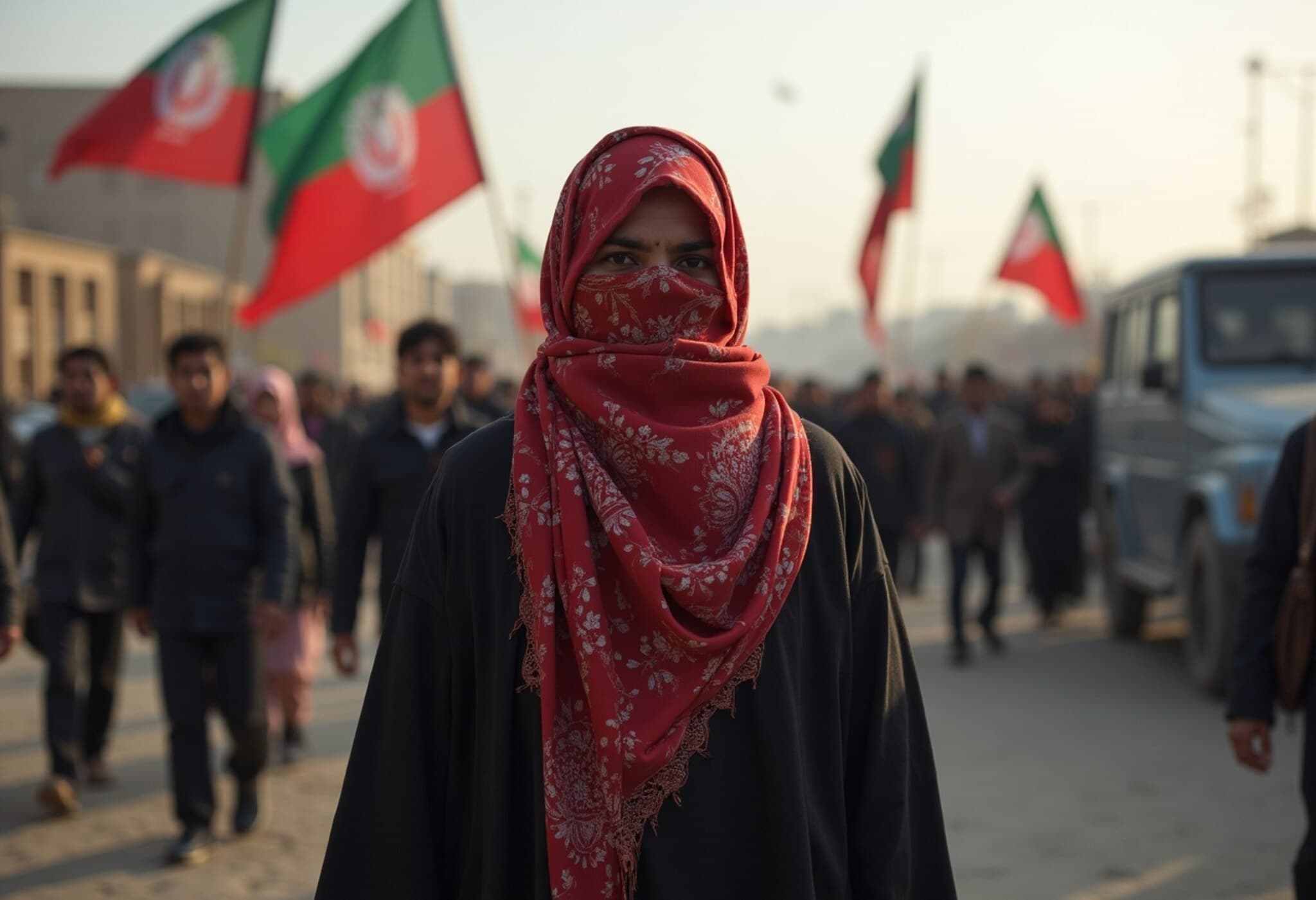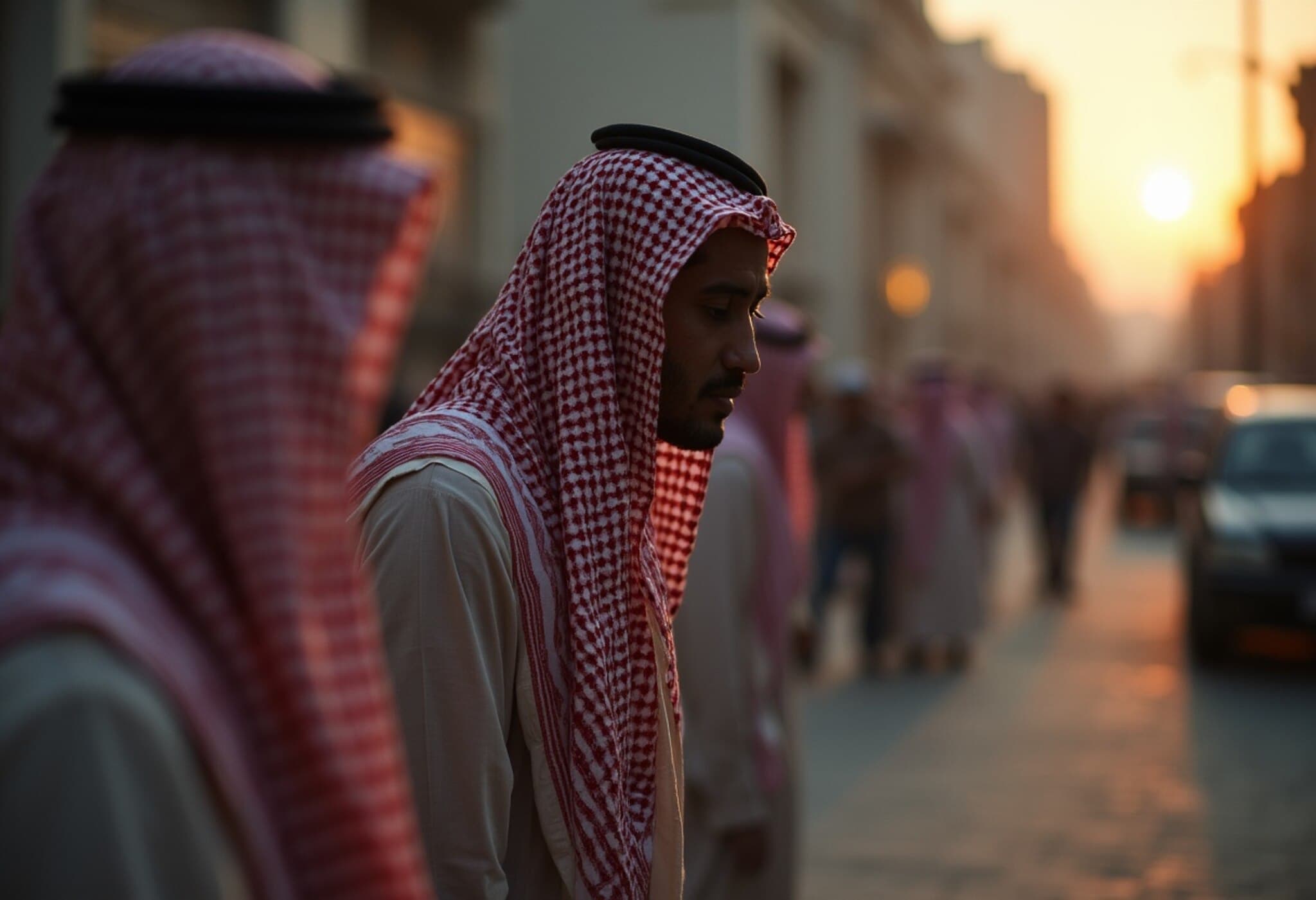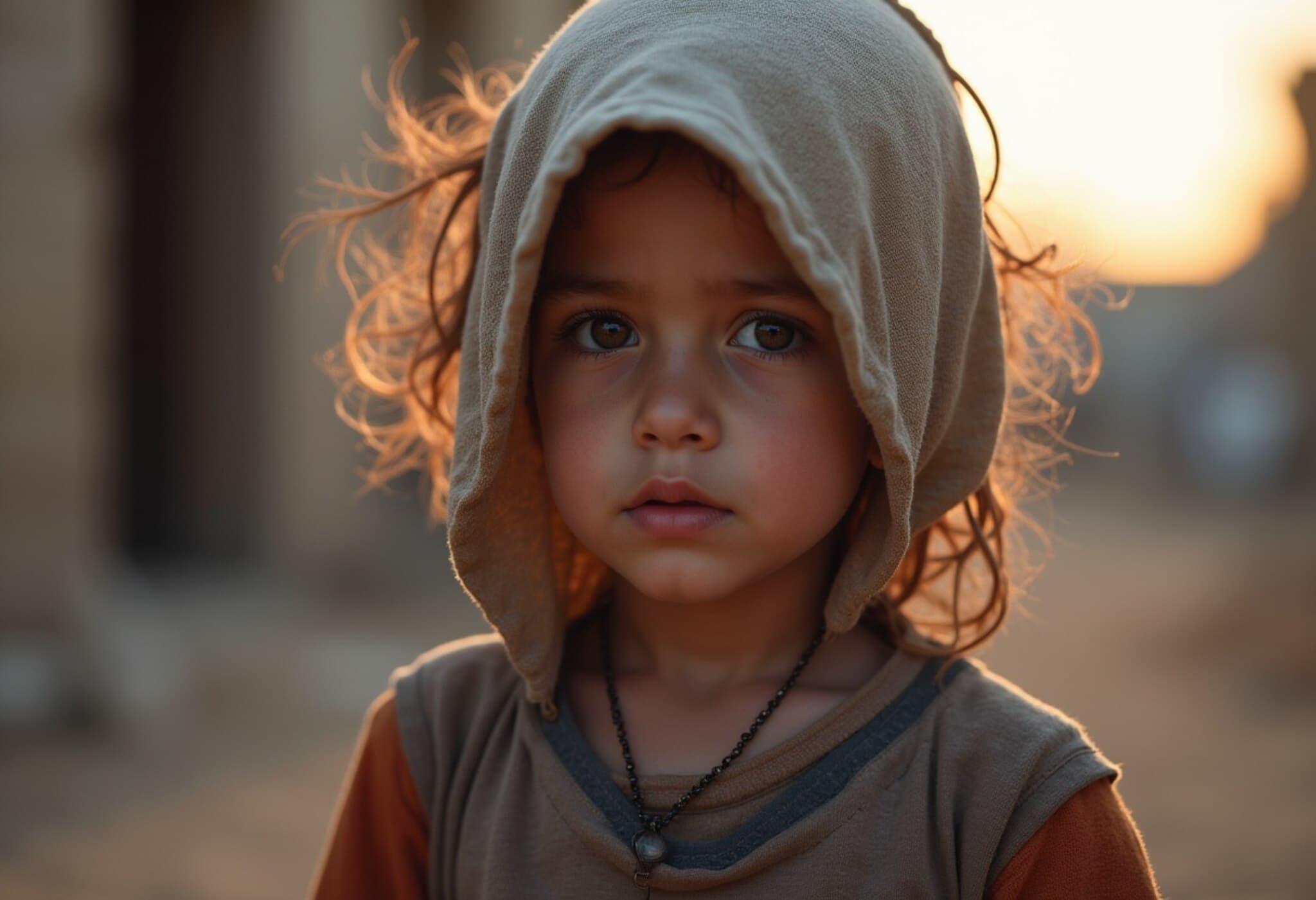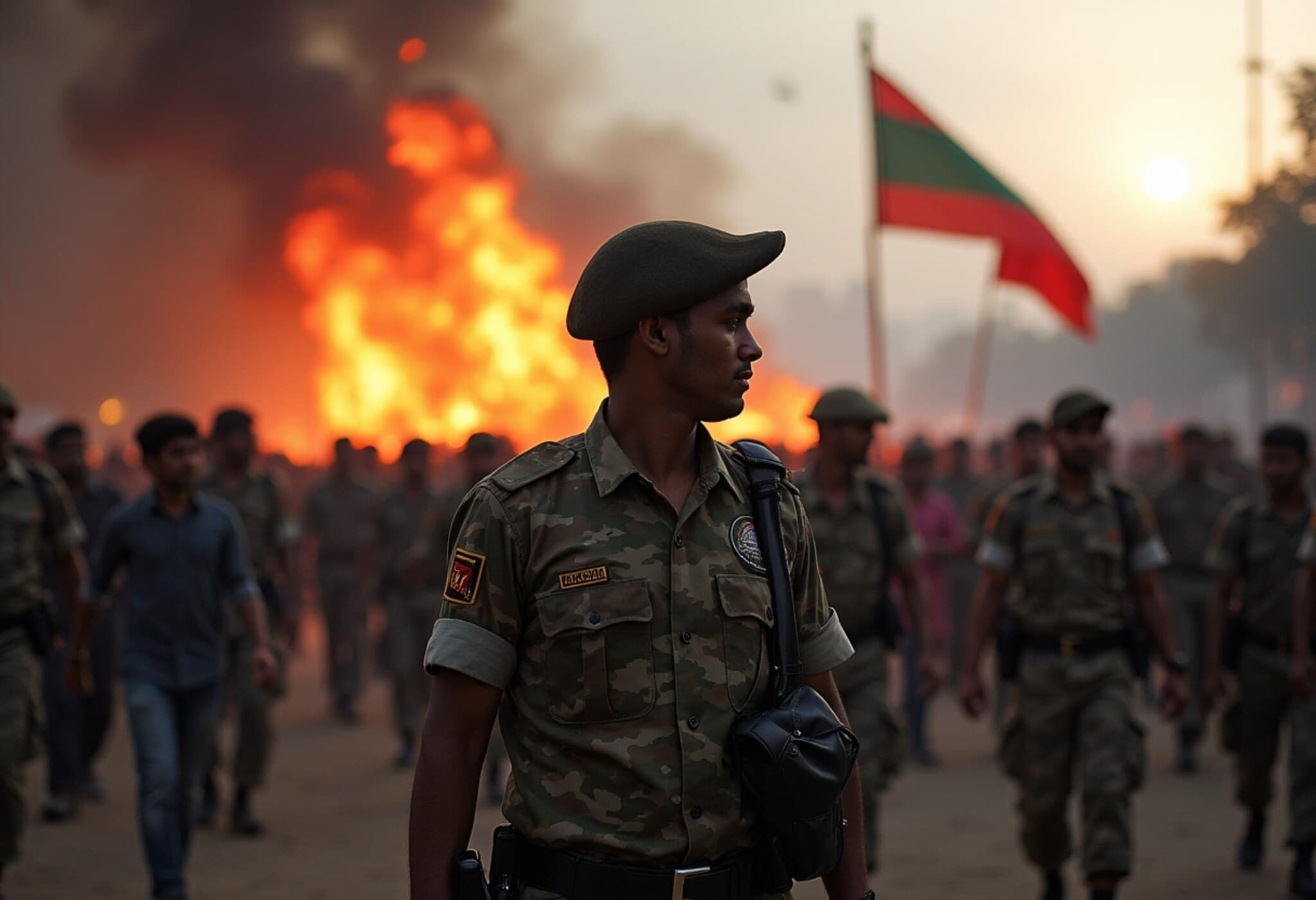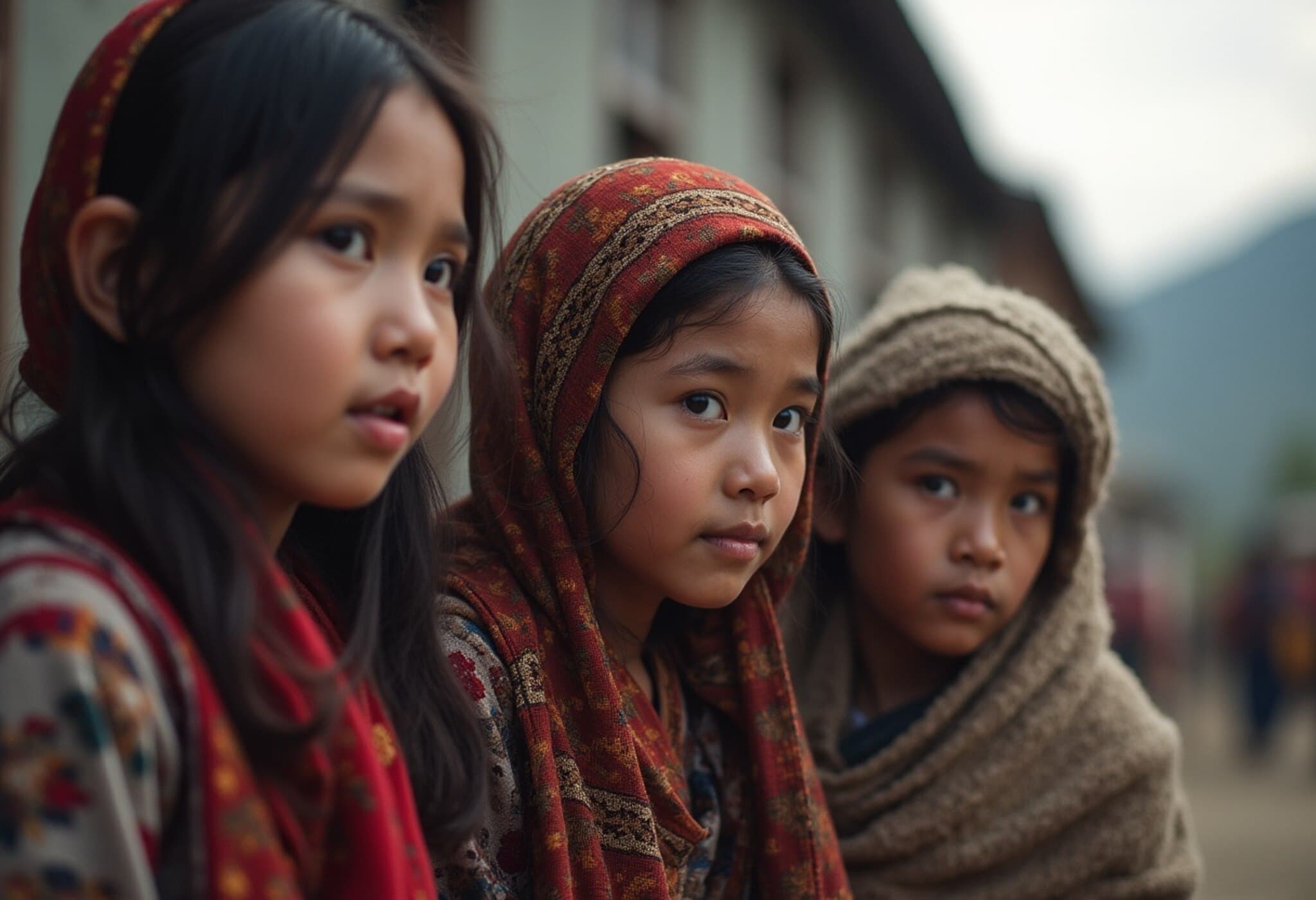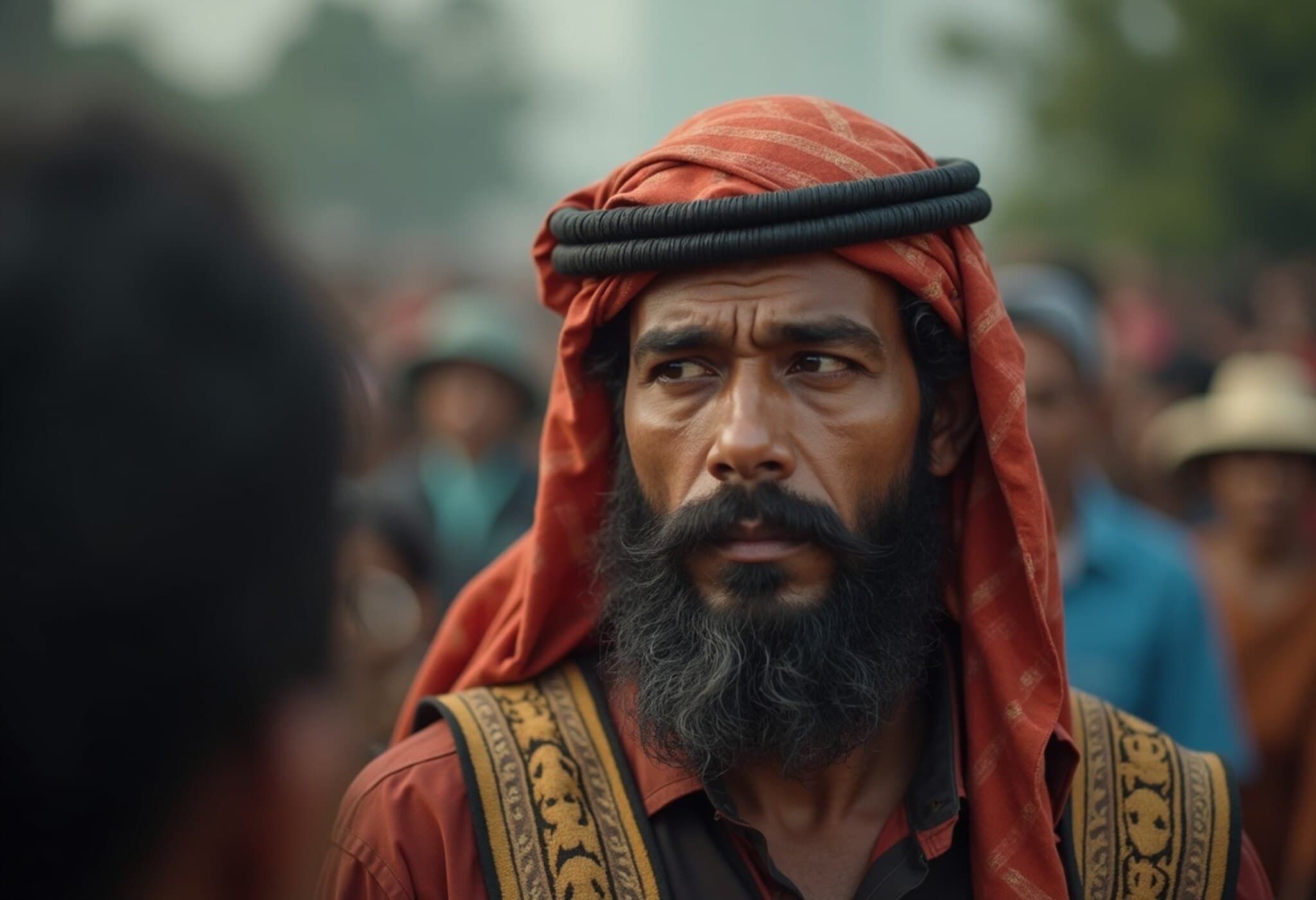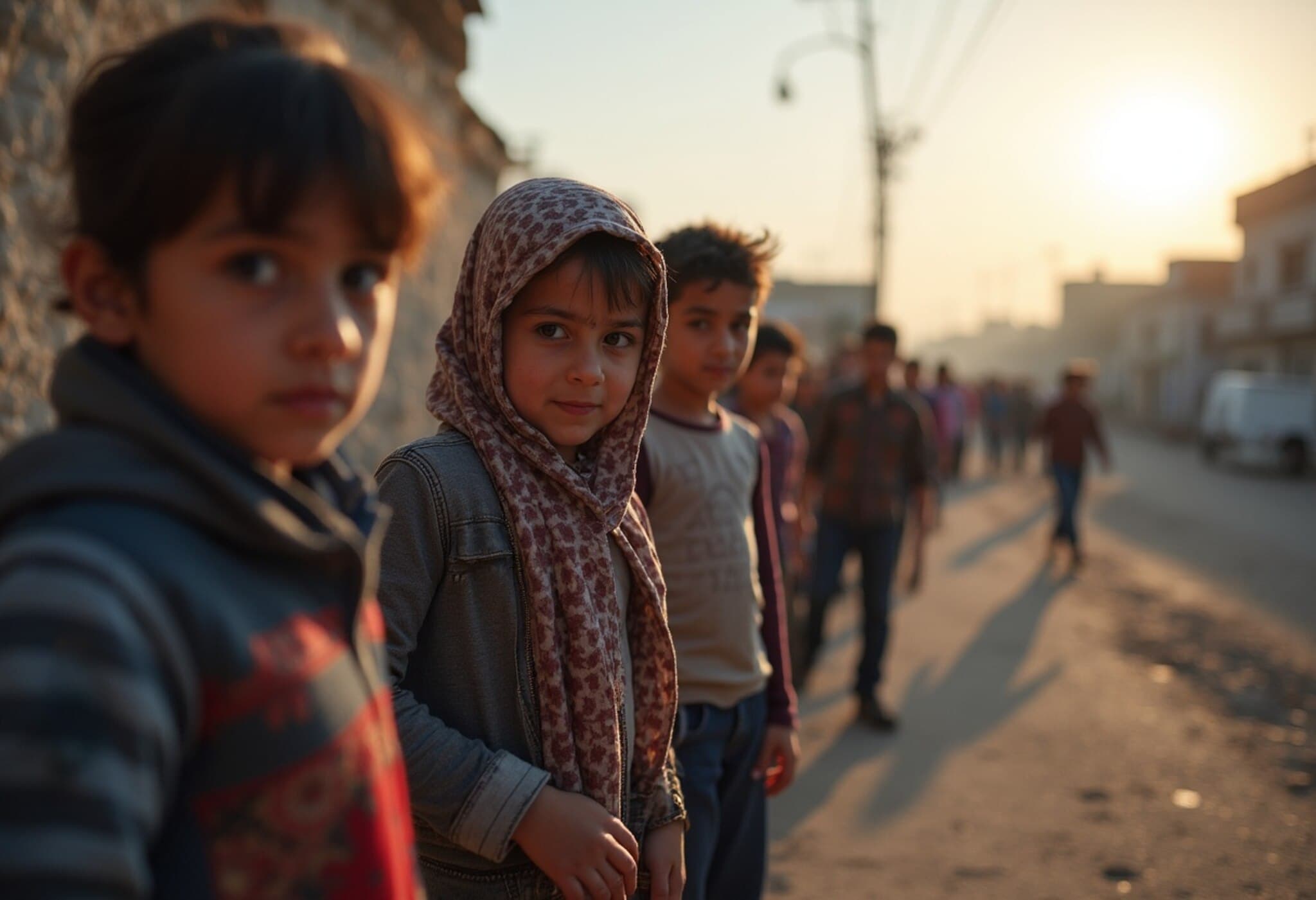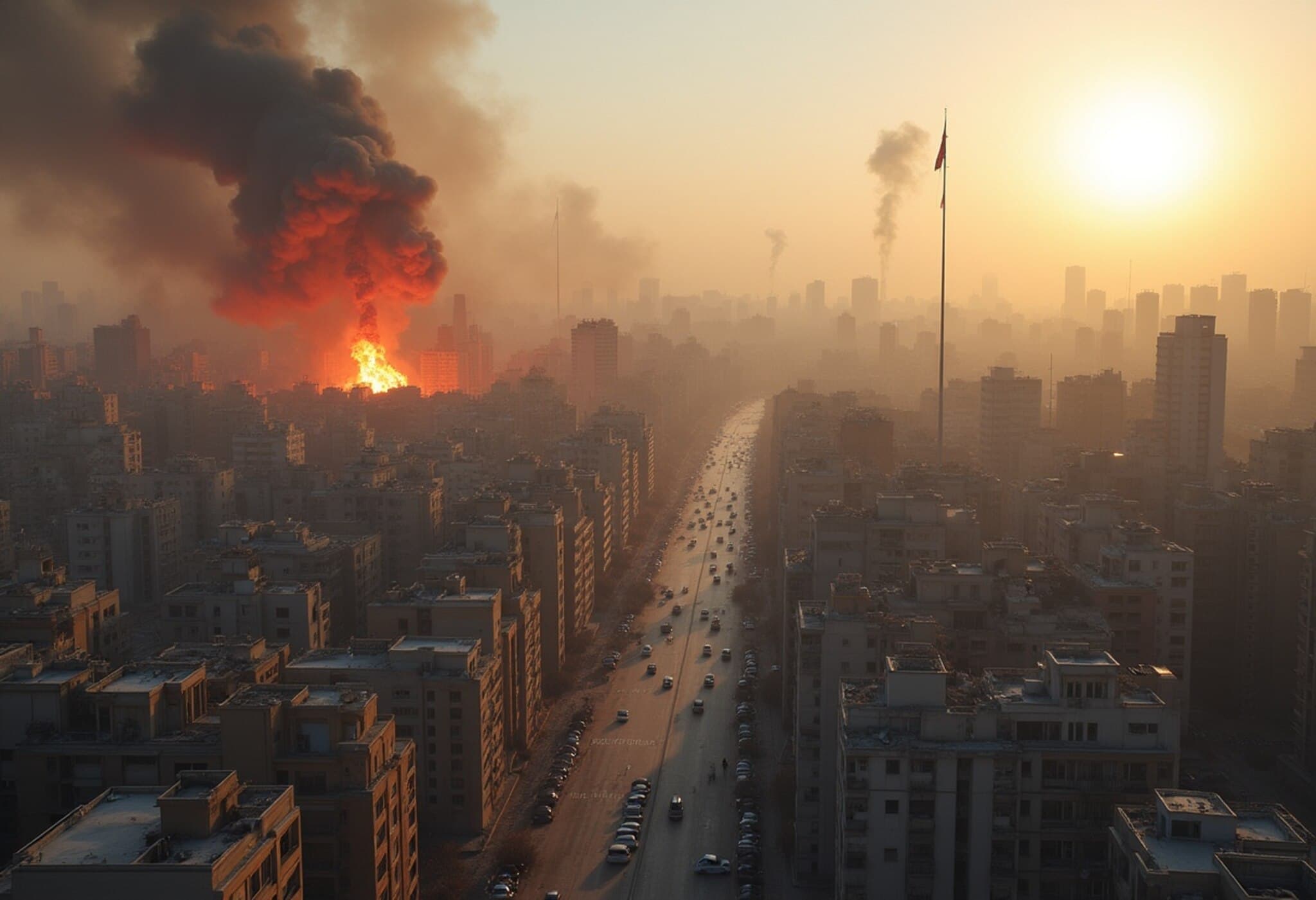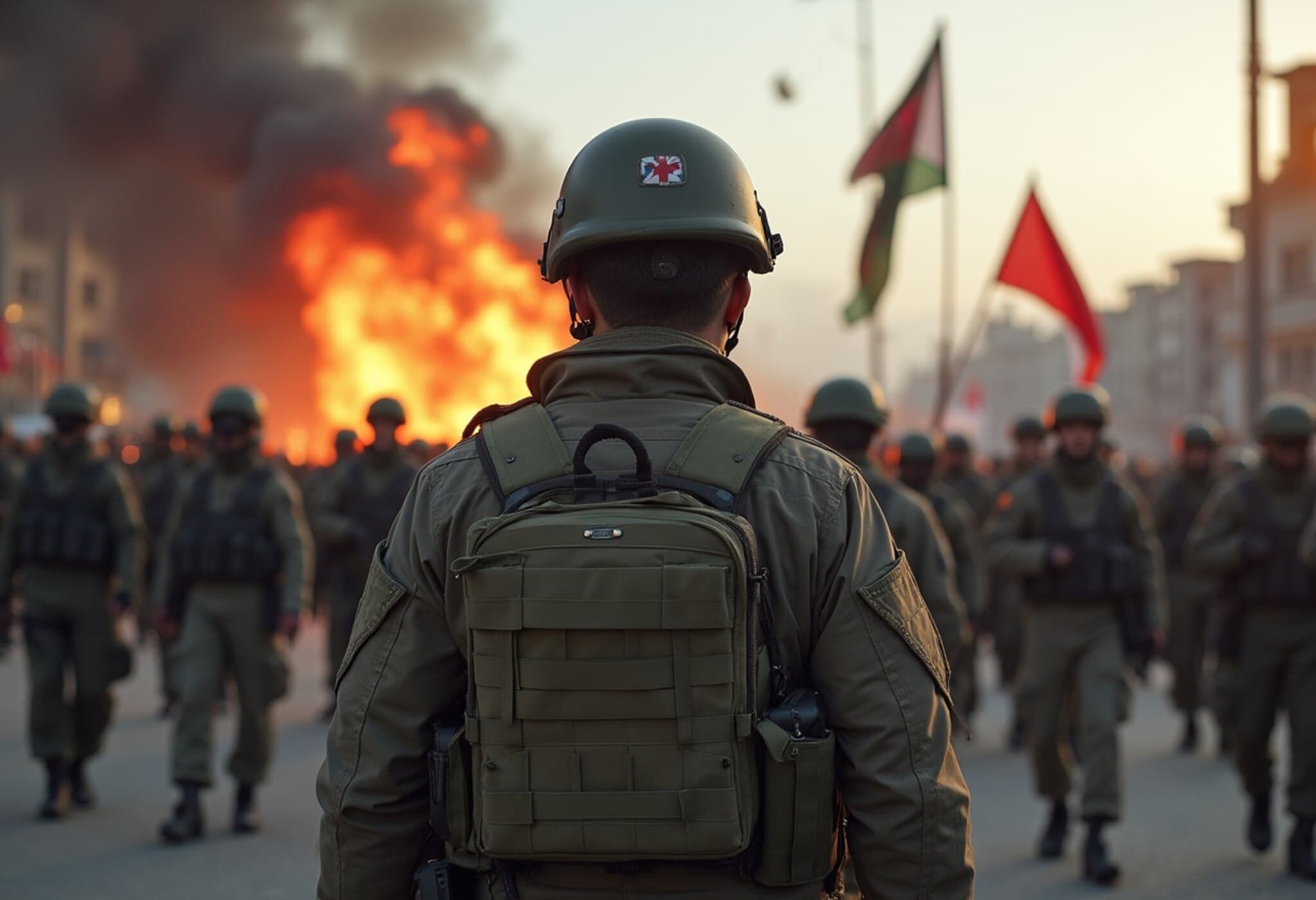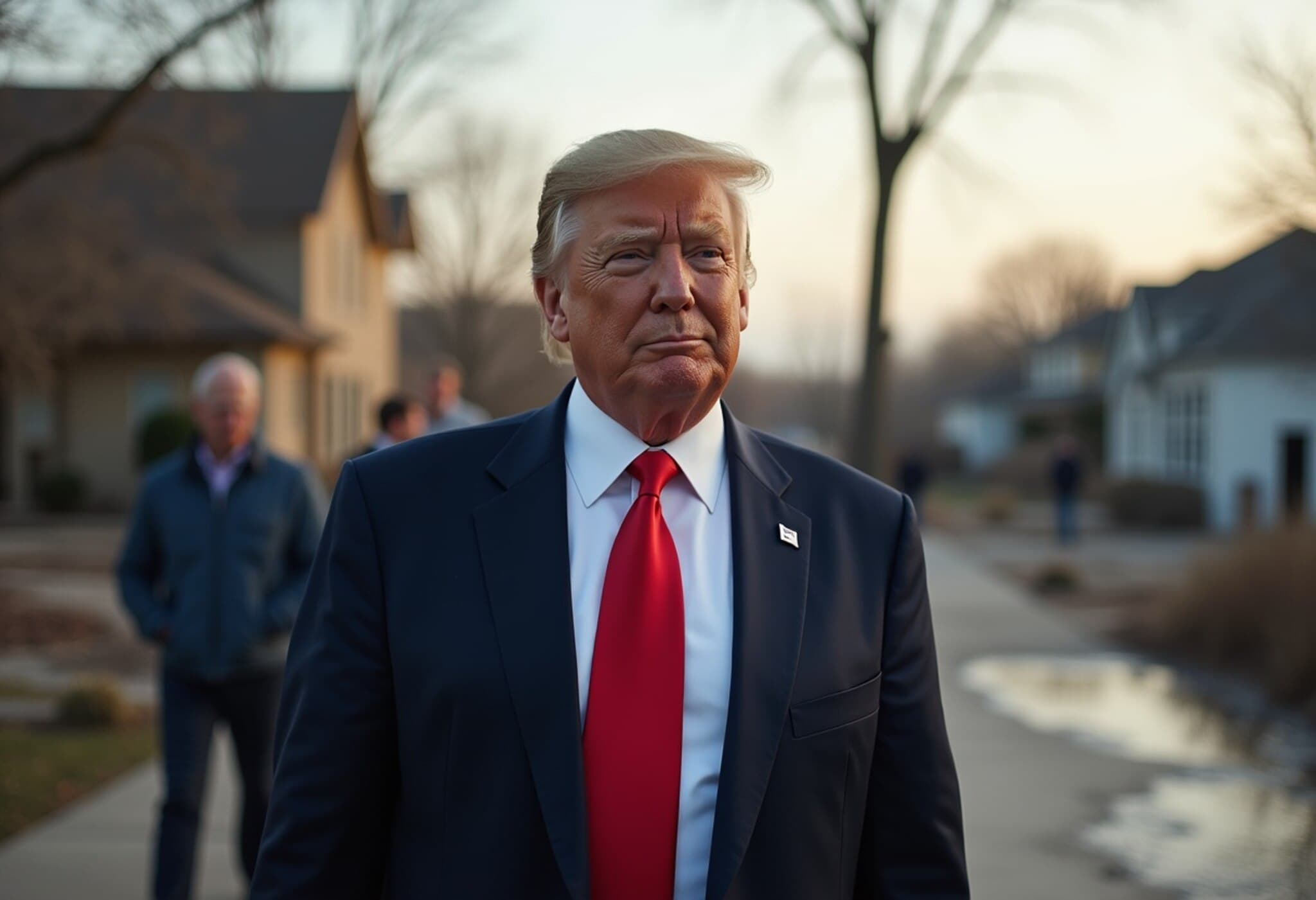UN Human Rights Expert Faces US Sanctions but Pledges to Continue Work
Francesca Albanese, the United Nations Special Rapporteur on the situation of human rights in the occupied Palestinian territories, has vowed to press ahead with her mandate despite the U.S. government's recent decision to place her on a sanctions list. The sanctions come amid a highly charged political environment surrounding allegations against Israel at the International Criminal Court (ICC).
US Sanctions Spark Concerns Over Human Rights Advocacy
On July 9, 2025, U.S. Secretary of State Marco Rubio announced that Albanese would be subjected to sanctions, citing her role in what the U.S. described as "prompting illegitimate prosecutions of Israelis" at the ICC. These sanctions include freezing of assets and restrictions on travel, effectively aiming to limit her international engagement.
In response, Albanese expressed apprehension about the broader implications, warning that this move could have a chilling effect not only on her work but also on other human rights defenders worldwide. Speaking via video link from Bosnia, where she was attending commemorations for the 30th anniversary of the Srebrenica genocide, she remarked, "There are no red lines anymore ... It is scary. This could block my movements and deter others from collaborating with me—especially American citizens or green card holders who might face legal complications."
Albanese’s Stance and the Political Context
Albanese’s work has been closely tied to scrutiny of Israel’s military operations in the Palestinian territories. Recently, she published a report urging the United Nations Human Rights Council to impose an arms embargo on Israel and cut financial and trade ties, accusing Israel of waging a "genocidal campaign" in Gaza. These strong allegations have been sharply criticized by Israel’s mission in Geneva, which denounced her report as "legally groundless" and a "flagrant abuse" of her position.
The U.N. Human Rights Office confirmed that Albanese is the first U.N. special rapporteur to be sanctioned by the U.S., labeling the move as unprecedented and urging a reversal. Likewise, the European Union expressed deep regret, underscoring the potential impact on international human rights monitoring.
Wider Implications for International Human Rights Work
- Legal Precedent: This sanction risks setting a dangerous example where states might weaponize economic and political tools to suppress human rights investigations.
- Impact on NGOs and Defenders: Organizations and activists collaborating with Albanese may hesitate, fearing repercussions, thereby undermining transparency and accountability.
- US Foreign Policy and Human Rights: This development highlights tensions in U.S. foreign policy, balancing strategic alliances with Israel and its commitment to international human rights standards.
Israel-ICC Dispute and the Broader Conflict
The ICC is investigating alleged war crimes in the Gaza conflict triggered by the Hamas attack in October 2023. Israel denies accusations of genocide and war crimes, framing its military campaign as a legitimate act of self-defense. This dispute exemplifies the ongoing complexity where international legal mechanisms, geopolitical interests, and human rights concerns intersect.
Expert Commentary: Navigating the Crossroads of Human Rights and Geopolitics
From a policy analyst’s perspective, sanctioning a UN special rapporteur is a rare and controversial move. It raises pressing questions about the politicization of human rights mechanisms and the future of impartial conflict monitoring. Furthermore, it spotlights the precarious position of UN experts who often operate under threats from powerful states. Whether this decision will deter similar investigations globally remains to be seen — but it unquestionably amplifies the debate over the balance between sovereign protection and international accountability.
Editor’s Note
Francesca Albanese’s situation underscores the fragile nature of human rights advocacy amid intense geopolitical rivalries. As the international community grapples with the repercussions of these sanctions, it must consider how to safeguard impartial human rights inquiry from political interference. Readers are invited to reflect on what this means for the future of justice and accountability in conflict zones, especially when strategic alliances and national interests collide.


